
A conversation in consideration of the high-risk psychosocial comorbidities the aging HIV population may face through COVID-19.
Kevin Kunzmann is the managing editor for Contagion, as well as its sister publication HCPLive. Prior to joining parent company MJH Life Sciences in 2017, he worked as a health care and government reporter for The Pocono Record, and as a freelance writer for NJ Advance Media, The Express-Times, The Daily Journal, and more. He graduated from Rowan University with a degree in journalism in 2015. In his spare time, he enjoys reading, cooking, running his dog, and complaining about the Mets. Follow him on Twitter @NotADoctorKevin or email him at kkunzmann@mjhlifesciences.com

A conversation in consideration of the high-risk psychosocial comorbidities the aging HIV population may face through COVID-19.

A new study from IDWeek showed most observed children previously infected with SARS-CoV-2 retained antibodies over 6 months.
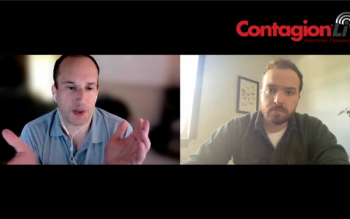
An expert reviews cabotegravir, islatravir, lenacapavir, and what other promising agents that could redefine long-term HIV prevention.

Unpublished, interim phase 3 data show an approximate 50% reduction in hospitalizations and deaths versus placebo. Merck is expediting FDA application for the antiviral drug.
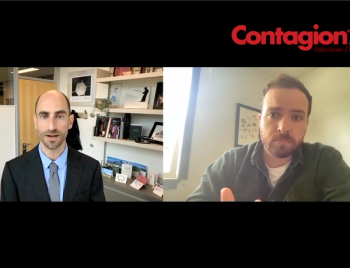
The study author of the late-breaking IDWeek findings discusses what the new data mean for using the antiviral to reduce COVID-19 burden.
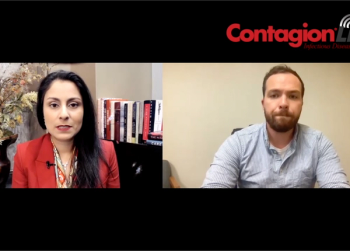
An expert explains the science of vaccine- and infection-induced immunity, and how it informs the timeline of COVID-19 outbreaks this year.
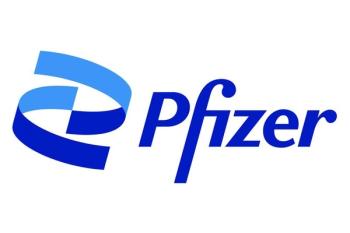
The companies will be seeking emergency authorization for a lighter-dose mRNA vaccine for children aged 5 to <12 years old.
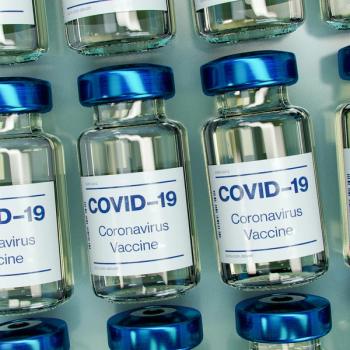
A presentation of available third-dose data suggest the adverse event rate is consistent with that observed with second doses.

Preprint data from a real-world evidence assessment, as well as preliminary reports from a 2-dose trial, support the company's pursuit for FDA authorization of a second COVID-19 vaccine dose.
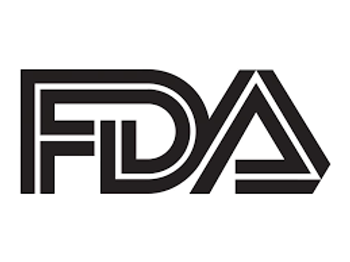
The regulatory setback is regarding a manufacturing facility concern not associated with the investigative drug, according to the company.

The emergency authorization granted to combination bamlanivimab and etesevimab is the second indicated in this last year.

A neighborhood-level assessment of major cities show areas impacted the most by historic COVID-19 deaths are significantly less vaccinated.

New Imbokodo findings show a 4-dose regimen was only about 25% effective in preventing HIV in at-risk women, hindering progress for the vaccine.
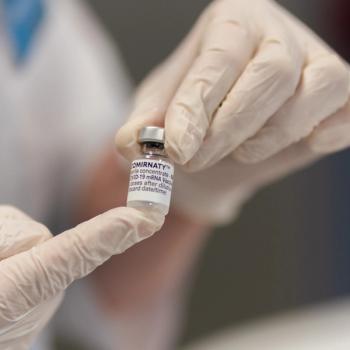
An Israel study estimates vaccinated persons' risk of side effects including myocarditis, relative to the risk brought on by SARS-CoV-2 infection.

The submission comes day after BNT162b2 became the first fully approved COVID-19 vaccine by the FDA.
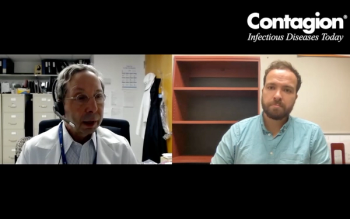
David Weber, MD, MPH, explains what portion of the population may buy into the newly approved Pfizer-BioNTech vaccine.

The full approval for BNT162b2 will afford physicians greater prescribing capability, and will likely drive workplace vaccine mandates.
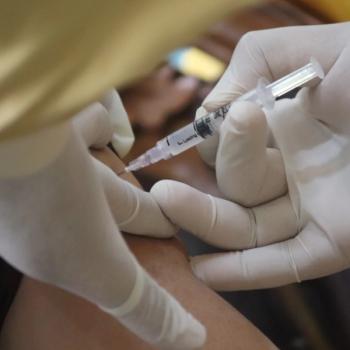
The Biden administration reportedly hopes for FDA-authorized booster doses for the adult general population in the next month.

The US is targeting a possible Fall rollout of publicly available doses, yet experts debate their current necessity.
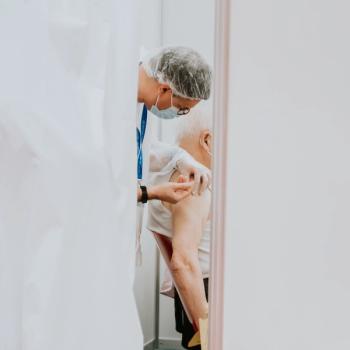
A quartet of infectious disease, vaccinology, and virology experts share thoughts on the FDA's newest emergency authorization for COVID-19 mRNA vaccines.

Donald Alcendor, PhD, shares expert perspective on the newest FDA authorization, as well as what a full COVID-19 vaccine approval would mean for US immunization.

An England study shows the Pfizer-BioNTech and AstraZeneca vaccines remain effective in reducing symptomatic disease risk.
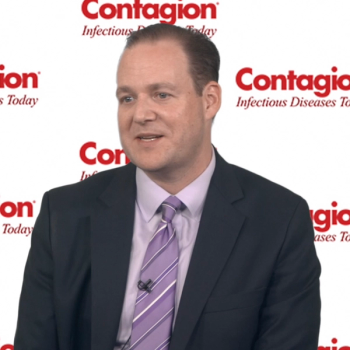
Considering the care team members who need to help infectious disease specialists and pharmacists carry the stewardship torch.
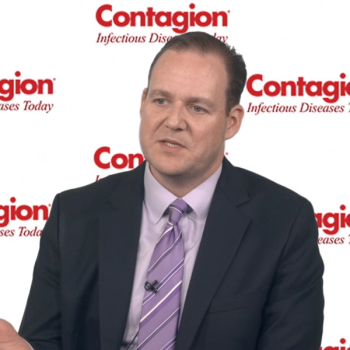
A look at the COVID-19 driven factors for this upcoming influenza season, from reopening classrooms to reduced mutation chances.
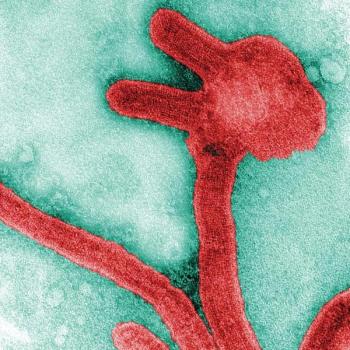
The first case reported in Guinea has resulted in a patient's death, while health authorities work to reduce outbreak risks.
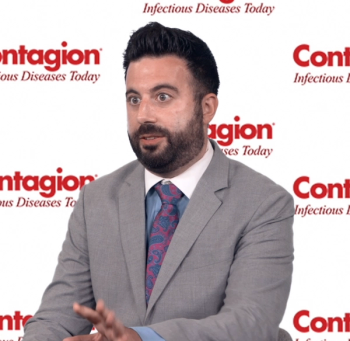
An expert from Temple reflects on the first 10 years of PrEP innovation, and what's needed in the next decade.

Emergency authorization may be complete before the end of August, ensuring more protection for patients burdened with certain chronic diseases.
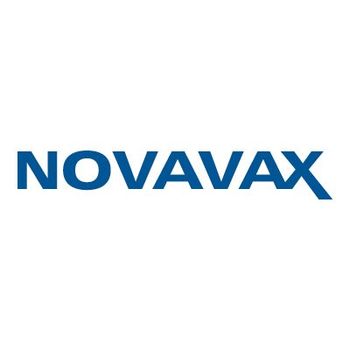
The report of promising phase 2 findings align with word that an FDA submission will be delayed until later this year.
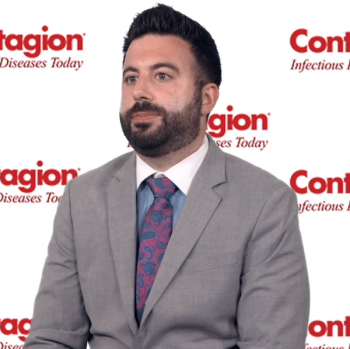
Pharmacist-initiated access, as well as longer treatment durations, may redefine HIV prevention efforts.
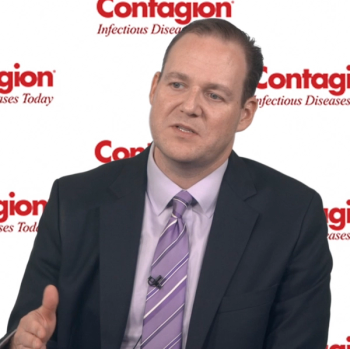
What risks and benefits need to be considered with the return of in-person classes?